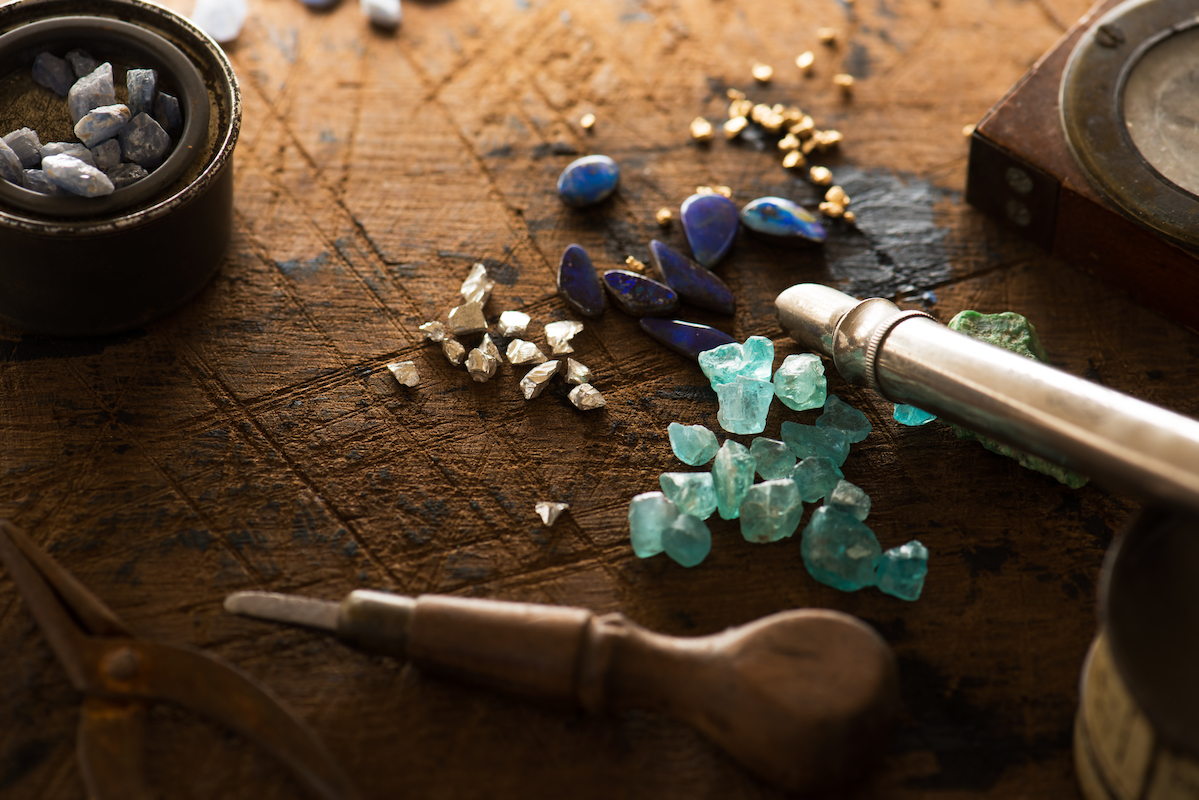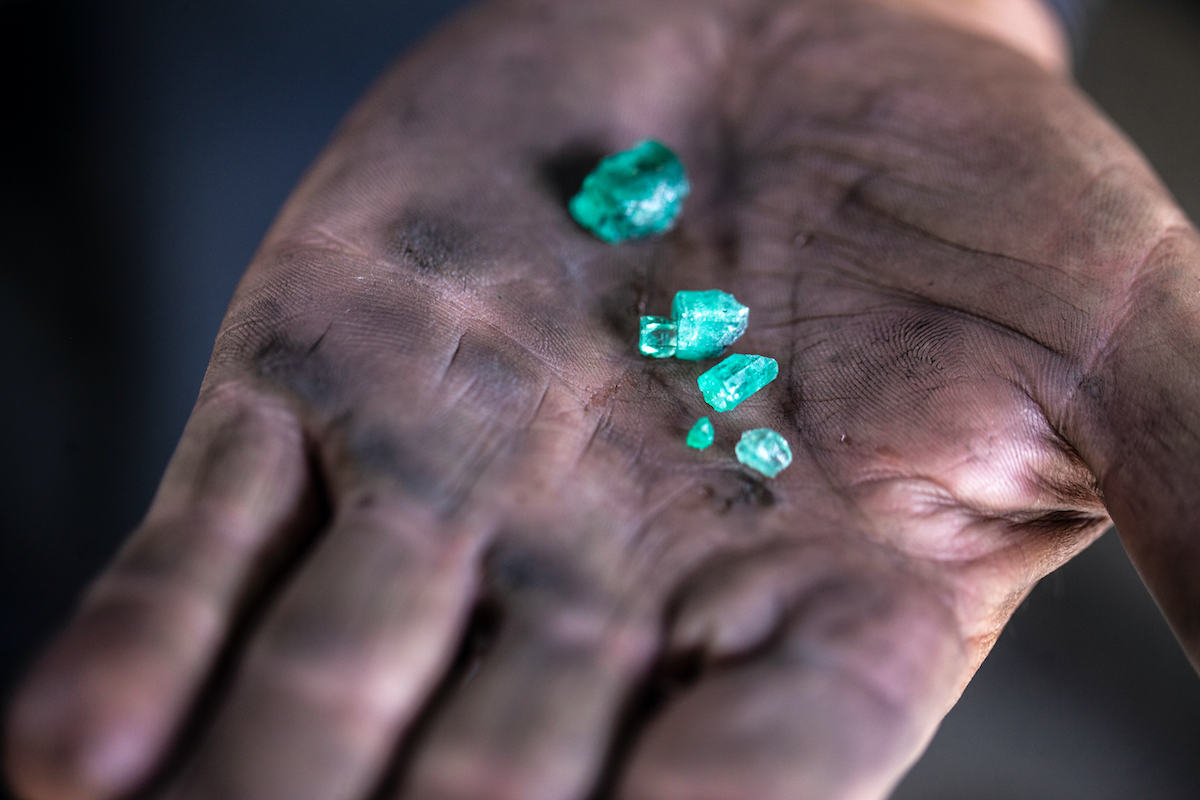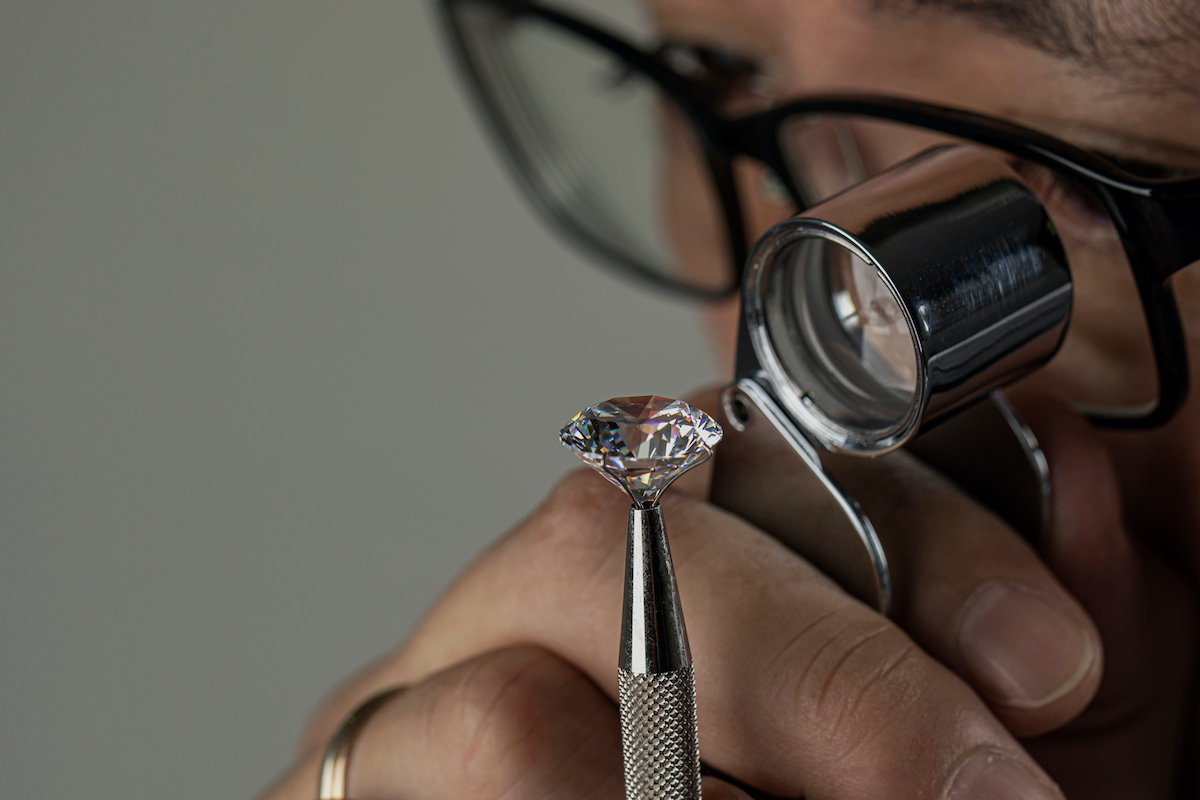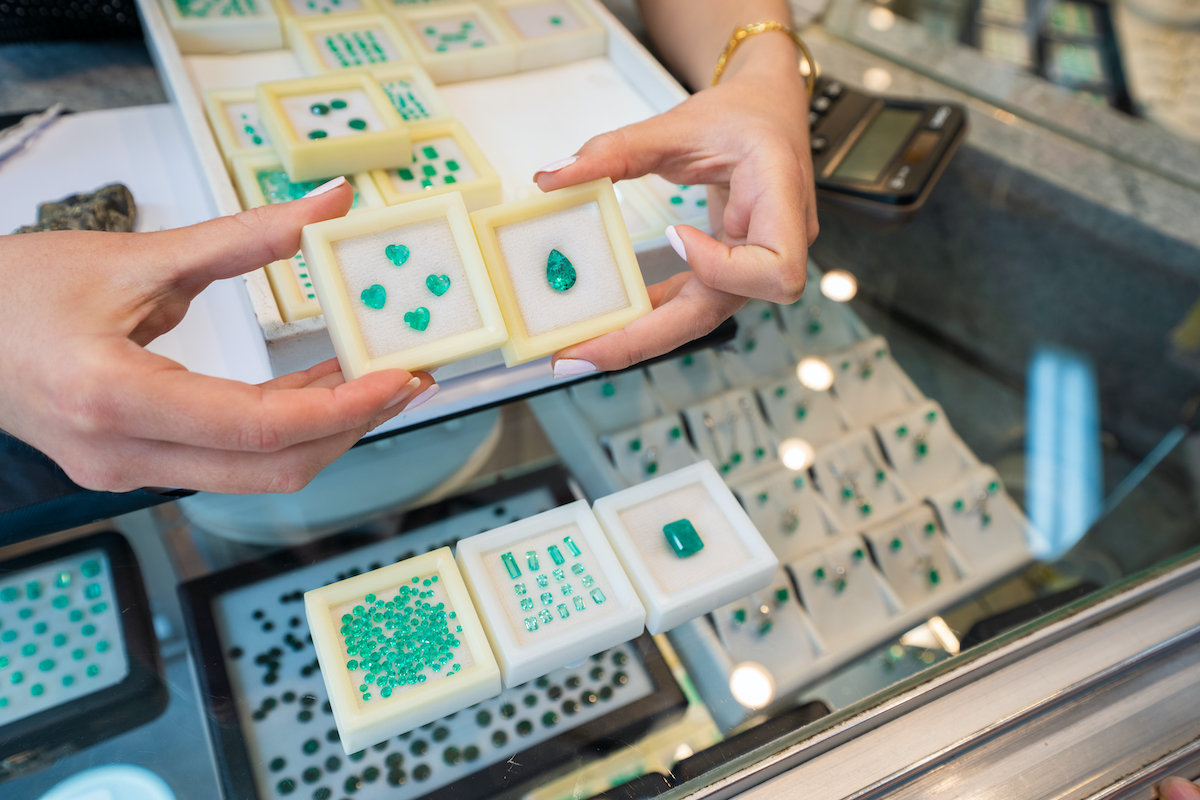This website uses cookies so that we can provide you with the best user experience possible. Cookie information is stored in your browser and performs functions such as recognising you when you return to our website and helping our team to understand which sections of the website you find most interesting and useful.
Cleaning up the gemstone industry
By Thomas Schrock | 23 August 2022 | Style
Thomas Schröck, Founder and CEO of The Natural Gem dives deep on how consumers can help make ethical choices when purchasing your next piece of jewellery

Gemstones have a lengthy and rich history, and it is important to address their ethical implications. Over the past 10 years, the gemstone industry has come under heightened scrutiny as a result of the extensive media coverage of the conflict diamond trade and the public awareness raised by films like Blood Diamond.
While there have been attempts to reduce the flow of conflict diamonds, such as the 2003 implementation of the Kimberley Process, it is also crucial that consumers take responsibility when possible and make every effort to determine whether their gemstones are ethically sourced.
So what are some things to think about to make sure that buying gemstones is ethical and helps the local communities where they are mined?

Everything begins at the source
Standards for mining must be established in order for gemstones to be sourced in a way that is morally and environmentally responsible: There should be no environmental harm, employees should work under safe conditions, and workers should receive fair wages for their efforts. It's critical to put the quality of the mining front and centre when selecting your provider rather than letting cost be the primary decision factor. Asking questions like:
- How safe are the working conditions?
- What are the ecological regulations in the country of origin?
- How are the miners compensated for their work?
Consider labour conditions, environmental impact, and national laws.

Demand for gemstones that are produced fairly, ethically, and sustainably has increased, changing the gemstone industry and driving up the price of these stones. Additionally, I've discovered that this may have an effect on the community, boosting local economy and the standard of the labour; as a result, manufacturing won't be hurried and may improve the overall quality of the gemstone produce.
Based on experience, one of the countries of origin that provides a good example of these considerations is Sri Lanka. Due to the rigorous laws governing the operation of mines, workers enjoy safe working conditions and are appropriately compensated for their labour. Working hours are also strictly regulated by the national mining ordinance. This is due to the laborious nature of the work and the fact that sufficient lighting makes it easier to tell the gemstones apart from surrounding materials. The law also contains rules to safeguard the environment and the wellbeing of workers.

Challenge yourself, challenge information
It can be difficult to tell which gemstones are from ethically and environmentally responsible sources. And the horror stories told of conflict and blood diamonds can add another level of distrust and uncertainty. But these tales shouldn't serve as the only illustration of the lengthy and fascinating history of the gemstone trade.
Afterall, it’s one of the oldest and most highly revered industries that can tell us a lot about our history.
Therefore, being critical and asking for information as a consumer is vital to help the gemstone industry become not only more transparent, but also ethical.







